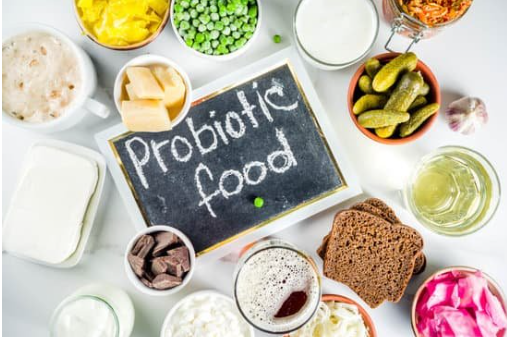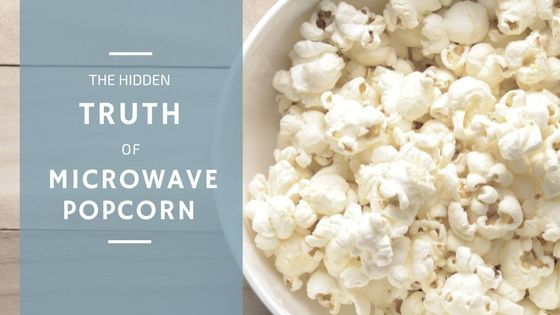HOW PROBIOTICS CAN CURE CANCER?
- Mary Shackelton, MPH, ND

- May 27, 2022
- 3 min read
Updated: May 30, 2022
Researchers have shown that various types of intestinal bacteria might play a role in both causing and preventing obesity as well as other conditions and diseases. Now, a UCLA study* suggests that it could also potentially be used to reduce the risk for some types of cancer. The research, published online on April 13, 2016, in the peer-reviewed journal PLOS ONE, offers evidence that anti-inflammatory, “health beneficial” gut bacteria can slow or stop the development of some types of cancer.

I have to say that I’m elated and absolutely thrilled that someone is finally looking at the gut and it’s connection to cancer! I’ve always felt that developing more chemotherapeutic drugs is not helping our fight against cancer. We need more prevention strategies and more lifestyle focused changes.
Over millions of years, gut bacteria have evolved into both good and bad types. The good ones have anti-inflammatory properties, and the bad ones promote inflammation. The human body typically contains about 10 trillion bacterial cells, compared with only 1 trillion human cells.
Schiestl and his colleagues isolated a bacterium called Lactobacillus johnsonii 456, which is the most abundant of the beneficial bacteria. In the UCLA study, Lactobacillus johnsonii 456 reduced gene damage and significantly reduced inflammation — a critical goal because inflammation plays a key role in many diseases, including cancer, neurodegenerative diseases, heart disease, arthritis and lupus, and in the aging process.
Schiestl has been studying gut bacteria for quite some time. He also presented the first evidence of a relationship between intestinal microbiota and the onset of lymphoma, a cancer that originates in the immune system. The new study explains how this microbiota might delay the onset of cancer, and suggests that probiotic supplements could help keep cancer from forming.
Schiestl and his team conducted 2 studies using mice that had mutations in a gene called ATM, which made them susceptible to a neurologic disorder called ataxia telangiectasia. The disorder, which affects 1 in 100,000 people, is associated with a high incidence of leukemia, lymphomas, and other cancers.
The mice were divided into two groups — one that was given only anti-inflammatory bacteria and the other that received a mix of inflammatory and anti-inflammatory microbes that typically co-exist in the intestines.
The scientists were surprised to find that the mice that were receiving only the beneficial microbiota produced metabolites that are known to prevent cancer. Among the other results, in the mice receiving only the good bacteria, lymphoma formed only half as quickly as it did in the other mice. In addition, mice with the good bacteria lived four times longer and had less DNA damage and inflammation.
“Together, these findings lend credence to the notion that manipulating microbial composition could be used as an effective strategy to prevent or alleviate cancer susceptibility,” the researchers write. “Remarkably, our findings suggest that composition of the gut microbiota influence and alter central carbon metabolism in a genotype independent manner. In the future, it is our hope that the use of probiotics-containing [supplements] would be a potential chemo preventive for normal humans, while the same type of microbiota would decrease tumor incidence in cancer susceptible populations.”
So the day is here! What are we waiting for? “Early evidence suggests that we might be able to reduce a person’s risk for cancer by analyzing the levels and types of intestinal bacteria in the body, and then prescribing probiotics to replace or bolster the amount of bacteria with anti-inflammatory properties,” said Robert Schiestl, Professor of Pathology, Environmental Health Sciences and Radiation Oncology at UCLA and the study’s senior author.
*The National Institutes of Health (RO1ES0951907) funded the study. The study’s co-authors are Irene Maier of UCLA, Al Fornace and Amrita Cheema of Georgetown University, and James Bornaman of UC Riverside. UCLA has a patent pending on the use of Lactobacillus johnsonii 456 as an anti-inflammatory agent.



Comments